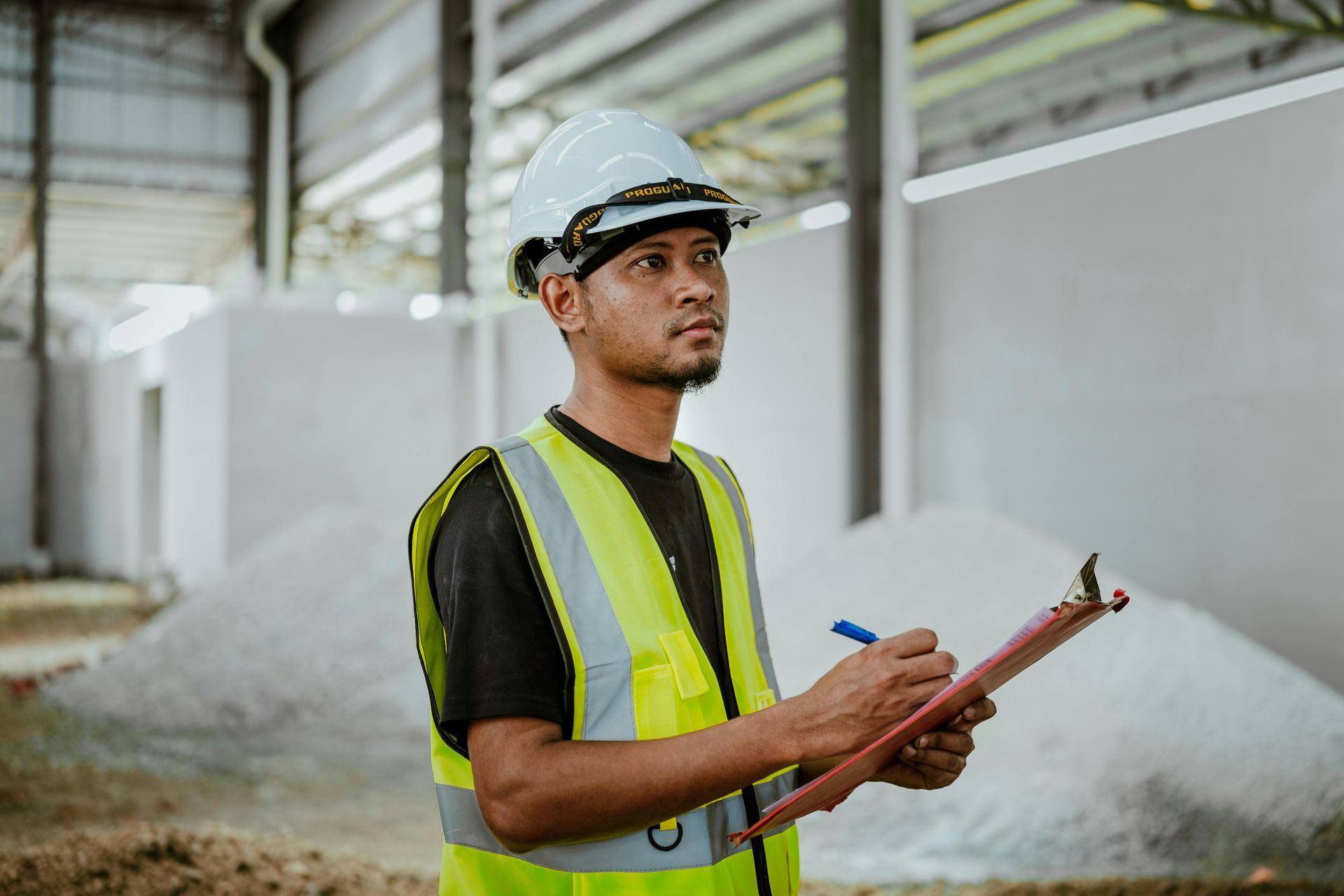2154858249
optimyze@optimyzing.com
Latest info updating...
Top 12 AI operating scenarios I
The manufacturing industry is undergoing a revolution, driven by the integration of Artificial Intelligence (AI) into every aspect of production and operations. From improving efficiency to enhancing product quality and even boosting sustainability, AI is transforming traditional manufacturing processes.
In this blog, we will explore several AI applications in manufacturing that are reshaping your business for the better.
1. Predictive Maintenance: Avoiding Downtime Before It Happens
- One of the most powerful applications of AI in manufacturing is predictive maintenance. AI-driven systems analyze real-time sensor data from machines and equipment to predict potential breakdowns before they occur. By monitoring patterns in machine performance, these systems can alert manufacturers when maintenance is needed, long before a failure happens.
- Effects: Predictive maintenance reduces unexpected downtime, extends the life of machines, and optimizes the maintenance schedule, leading to significant cost savings.
2. Quality Control and Inspection: Ensuring Perfection
- AI is also making waves in the realm of quality control. Traditionally, product inspection has been a manual or semi-automated process, prone to human error. AI-powered computer vision systems, however, can inspect products in real time, identifying defects with a high degree of accuracy.
- Effects: By reducing defective products and improving overall quality, manufacturers not only lower waste but also increase customer satisfaction.
3. Production Process Optimization: Maximizing Efficiency
- AI can continuously monitor production lines, analyzing data to optimize parameters such as temperature, pressure, and speed. This real-time analysis allows for immediate adjustments to be made, ensuring that processes run at peak efficiency.
- Effects: Production optimization leads to better throughput, reduced material consumption, and lower energy costs, which boosts a company’s overall competitiveness.
4. Supply Chain Optimization: Smarter Inventory Management
- AI’s ability to predict demand and optimize supply chains is a game changer for manufacturing. By analyzing historical data, market trends, and external factors, such as economic changes and weather conditions, AI can forecast demand and ensure optimal inventory levels. Additionally, it can automate procurement processes to ensure that raw materials are available just when needed.
- Effects: This results in better inventory management, reducing stockouts and excessive inventory, while also lowering supply chain costs.
5. Robotics and Automation: The Workforce of Tomorrow
- AI-powered robots are increasingly being used in manufacturing for tasks such as assembly, welding, and packaging. These robots are not only highly precise but also adaptable, meaning they can easily switch between different tasks. Additionally, collaborative robots (cobots) work alongside humans, handling repetitive or hazardous tasks.
- Effects: Enhanced productivity, improved worker safety, and reduced human error are some of the key outcomes of adopting AI-powered robotics in manufacturing.
6. Energy Consumption Optimization: Driving Sustainability
- AI can monitor energy usage in real-time and optimize it across a plant. By analyzing production data, external weather conditions, and energy price trends, AI helps manufacturers reduce their overall energy consumption without sacrificing productivity.
- Effects: Energy optimization not only reduces costs but also helps manufacturers meet sustainability goals, making operations greener and more eco-friendly.
Welcome to consulting Optimize LLC anytime for future AI deployment planning(Intro in the Next Blog).

By Yannan Niu
•
September 28, 2024
Digital Transformation in the Manufacturing Industry: A New Era of Innovation In the 21st century, digital transformation has revolutionized industries across the board, and the manufacturing sector is no exception. The integration of digital technologies into traditional manufacturing processes is driving the fourth industrial revolution, often referred to as Industry 4.0. This shift toward a more connected, intelligent, and data-driven manufacturing ecosystem is enhancing efficiency, boosting productivity, and creating entirely new business models. Let’s explore how digital transformation is reshaping the manufacturing industry and what it means for companies striving to stay competitive in this fast-evolving landscape.
United States

